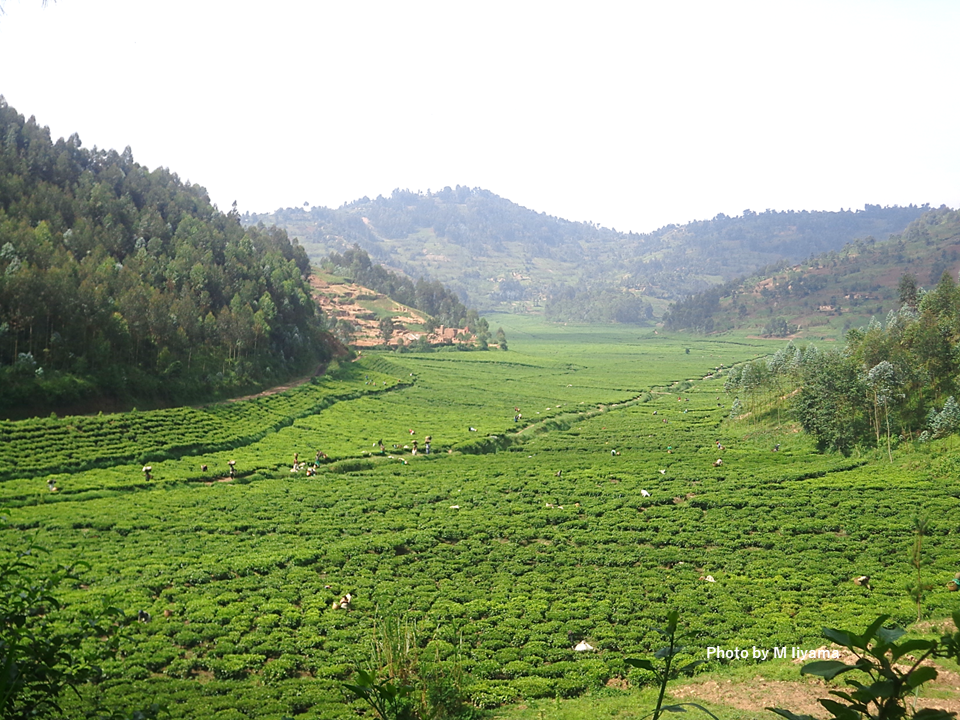Pick Up
937. Disproportionate Climate Impacts on Natural Capital

937. Disproportionate Climate Impacts on Natural Capital
The term "natural capital," which encompasses resources that contribute to current and future human well-being, such as clean air, water, and diverse ecosystems, has gained considerable attention. Scientists, economists, and policymakers are actively engaged in quantifying its complex functions. Conversely, climate change-induced changes in vegetation, precipitation patterns, and increased carbon dioxide emissions threaten to reduce global natural capital by 2100. In particular, the adverse effects of climate change are expected to disproportionately affect vulnerable countries and exacerbate economic disparities.
A recent research paper, highlighted in today's Pick Up, focuses on regional and national declines in natural capital and their disproportionate impacts in the context of climate change.
The study categorizes natural capital into market natural capital, which includes goods and services traded in markets, and non-market natural capital, which is typically not involved in market transactions. It links country-level natural capital stock values from the World Bank's Wealth of Nations report to the biomes within each country's territory. The study distinguishes between market natural capital as expected income from timber and non-market natural capital as contributions from forest-related recreation, water resources, and non-timber forest products. Market natural capital affects GDP, while non-market natural capital does not contribute directly to GDP.
The analysis shows that the value of non-market natural capital is projected to decline by 9.2% by 2100. Global GDP, weighted by population, is estimated to decline by 1.3% by 2100 compared to a business-as-usual scenario. Importantly, the impact on GDP is regressive for low- and middle-income countries, where dependence on natural capital is more pronounced. About 90% of the expected damages will be borne by the poorest 50% of the countries and regions studied, while only 2% of the losses will be borne by the richest 10% of countries and regions.
By integrating natural capital and human well-being into the analytical framework, this study underscores the imperative of climate change mitigation efforts that recognize the loss of natural capital. The study finds that climate-induced ecosystem changes will disproportionately affect the Global South, which relies heavily on natural capital, negatively impacting national wealth and economic output. Developing policies that take into account the unique value that each country derives from natural capital will be critical to mitigating subsequent economic losses at both national and global levels.
Reference
Bastien-Olvera, B.A., Conte, M.N., Dong, X. et al. Unequal climate impacts on global values of natural capital. Nature (2023). https://doi.org/10.1038/s41586-023-06769-z
https://www.nature.com/articles/s41586-023-06769-z
Contributor: IIYAMA Miyuki (Information Program)
